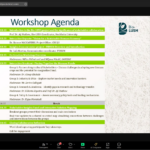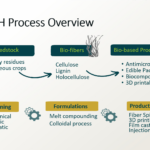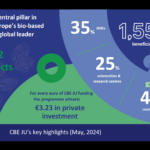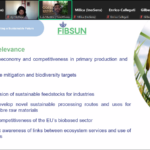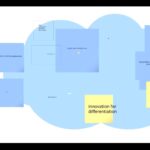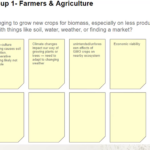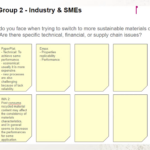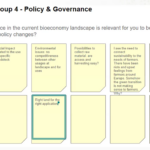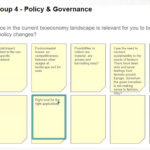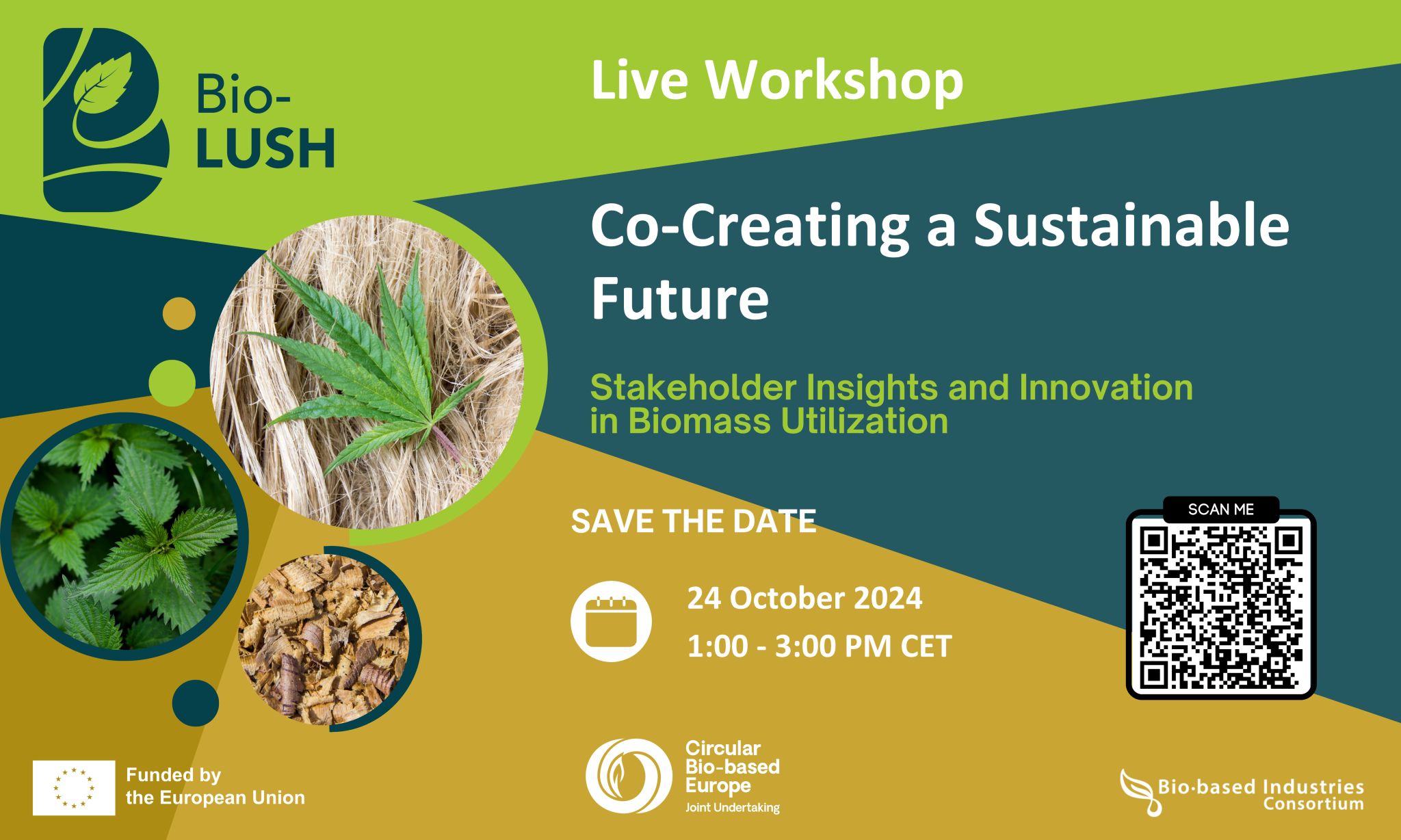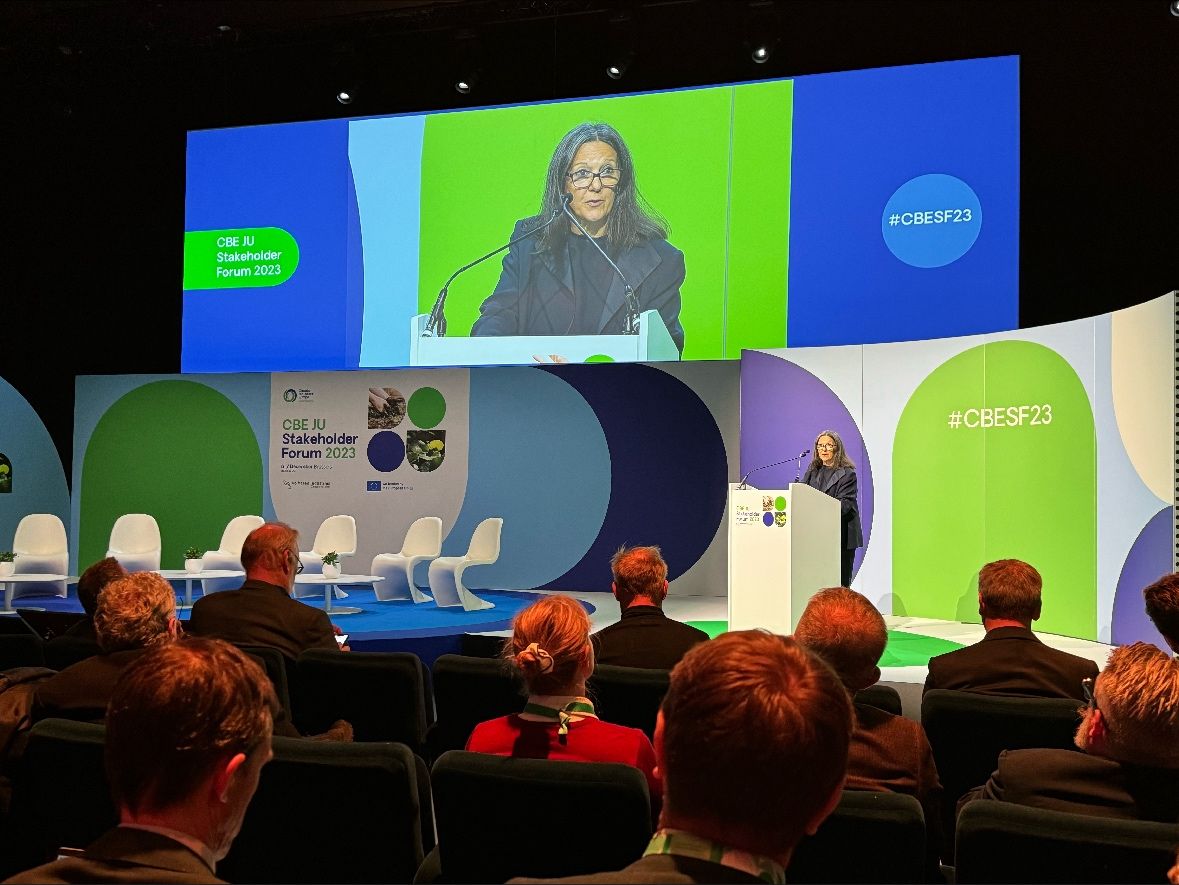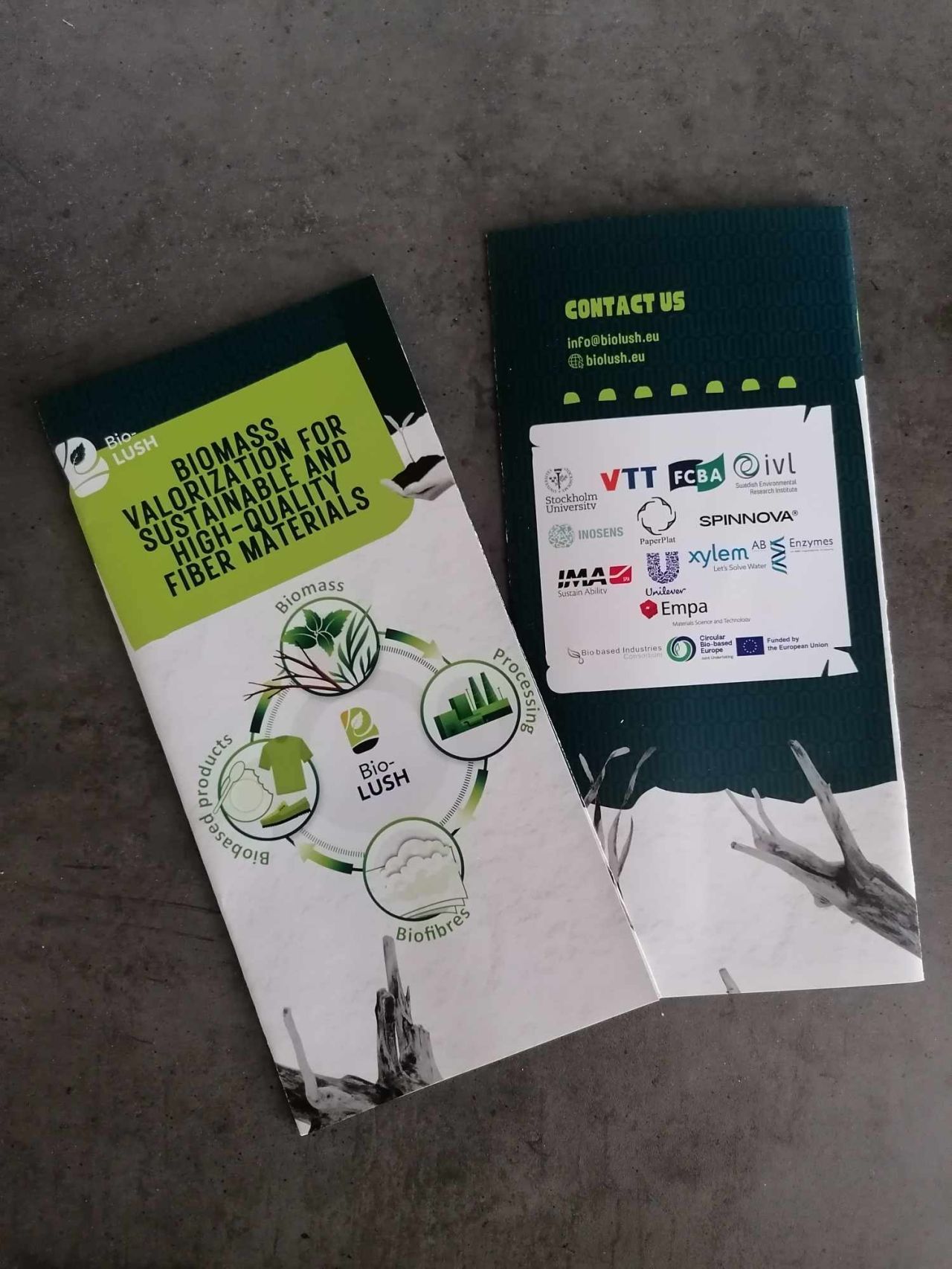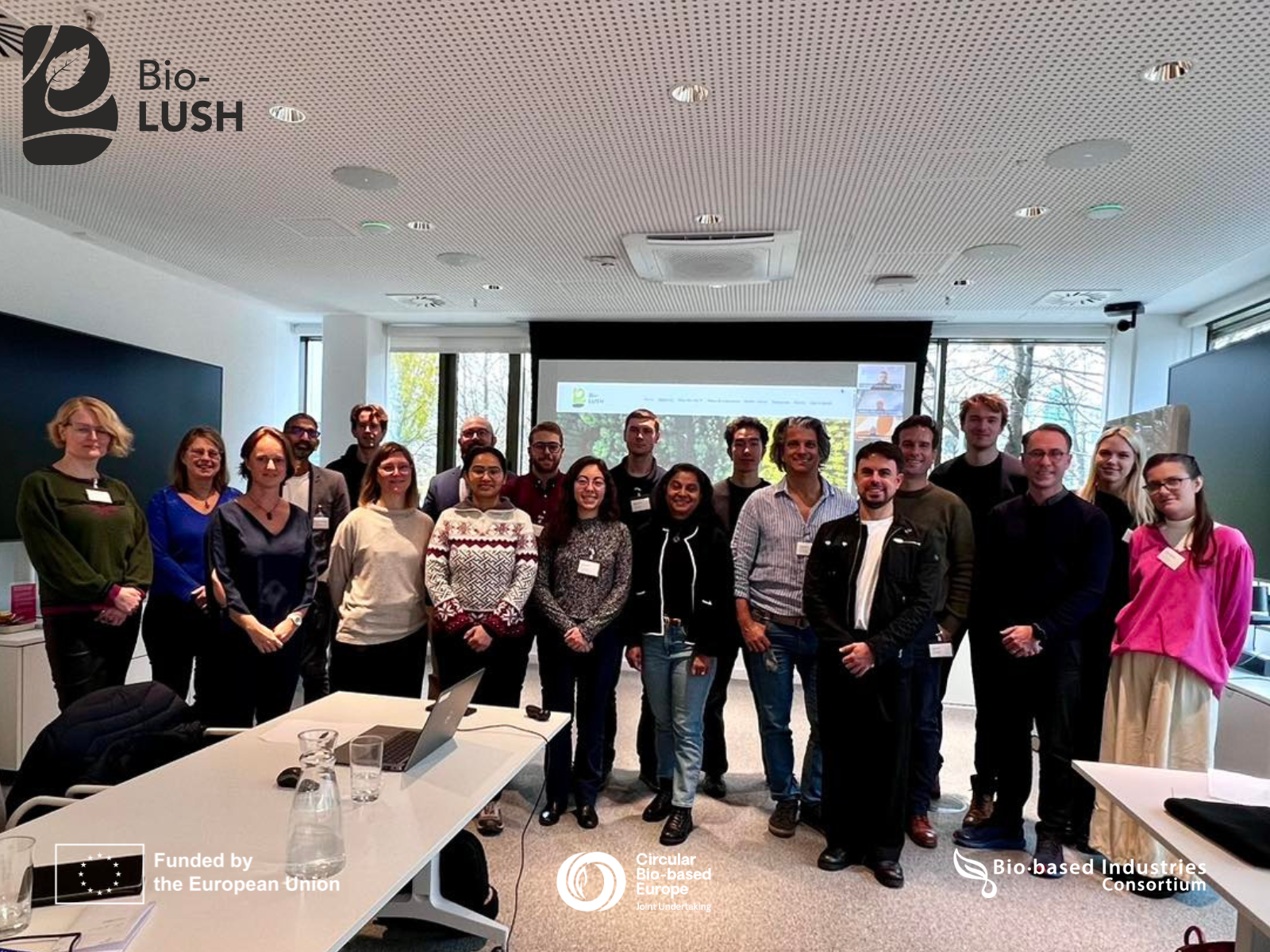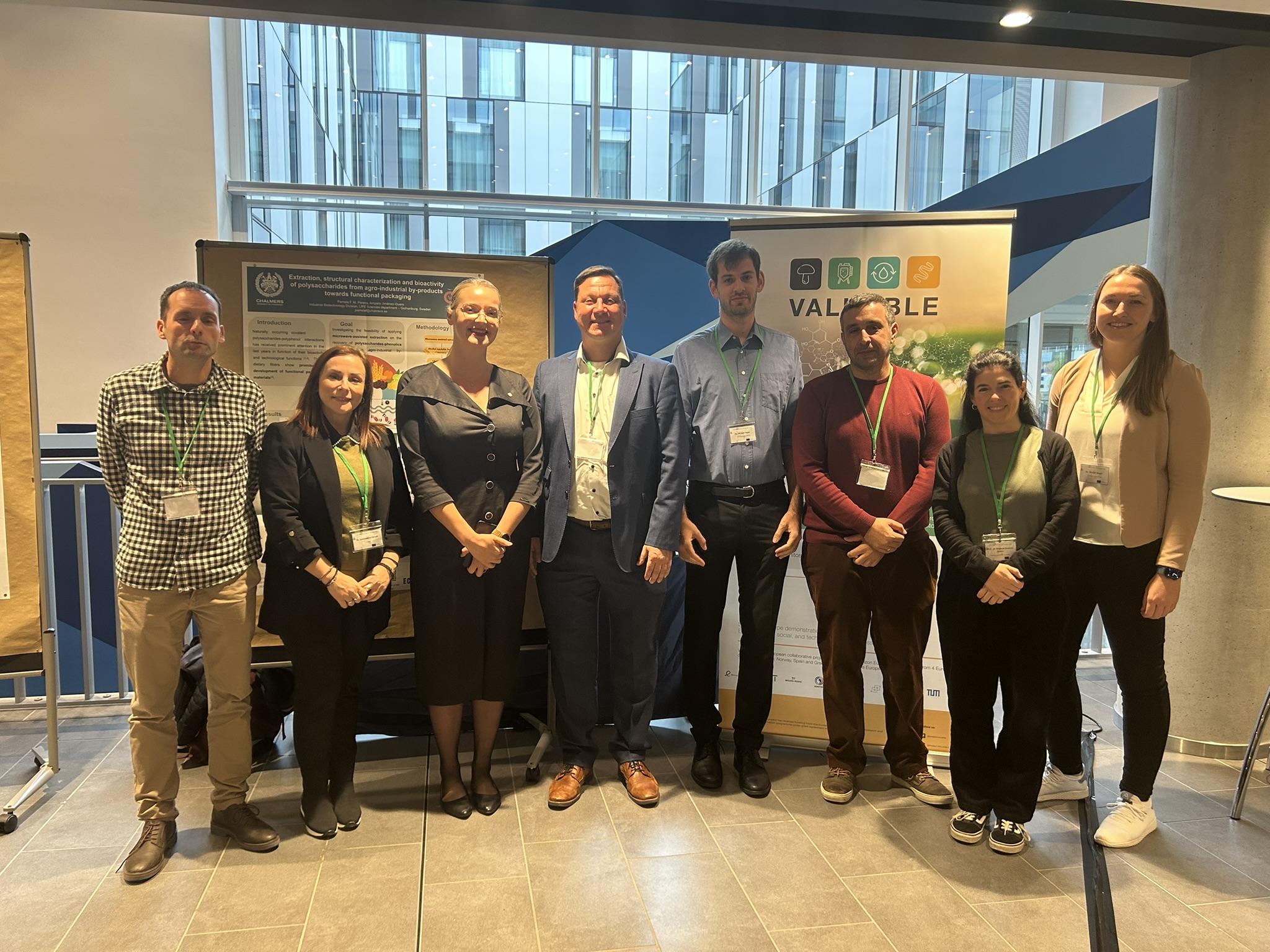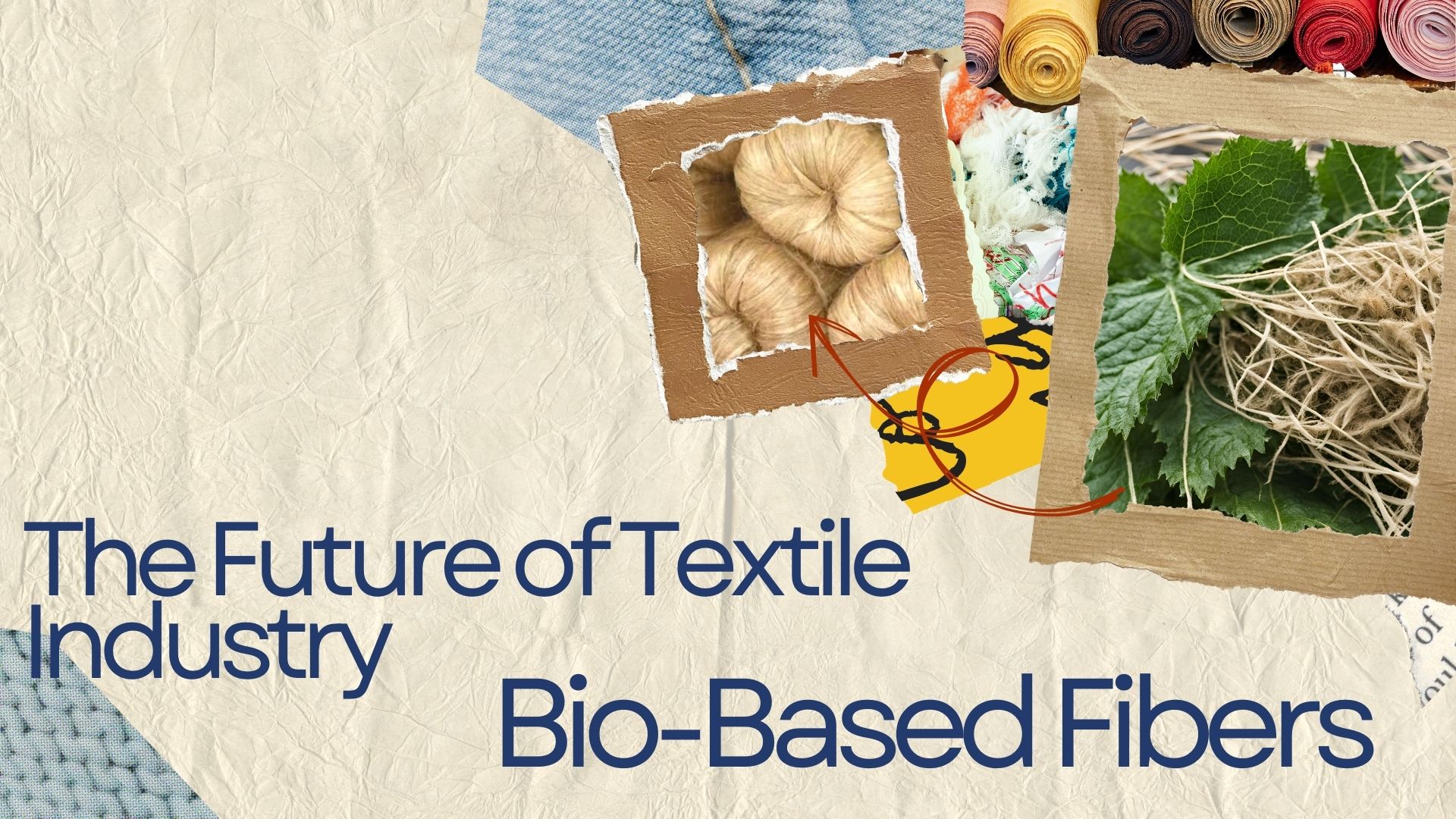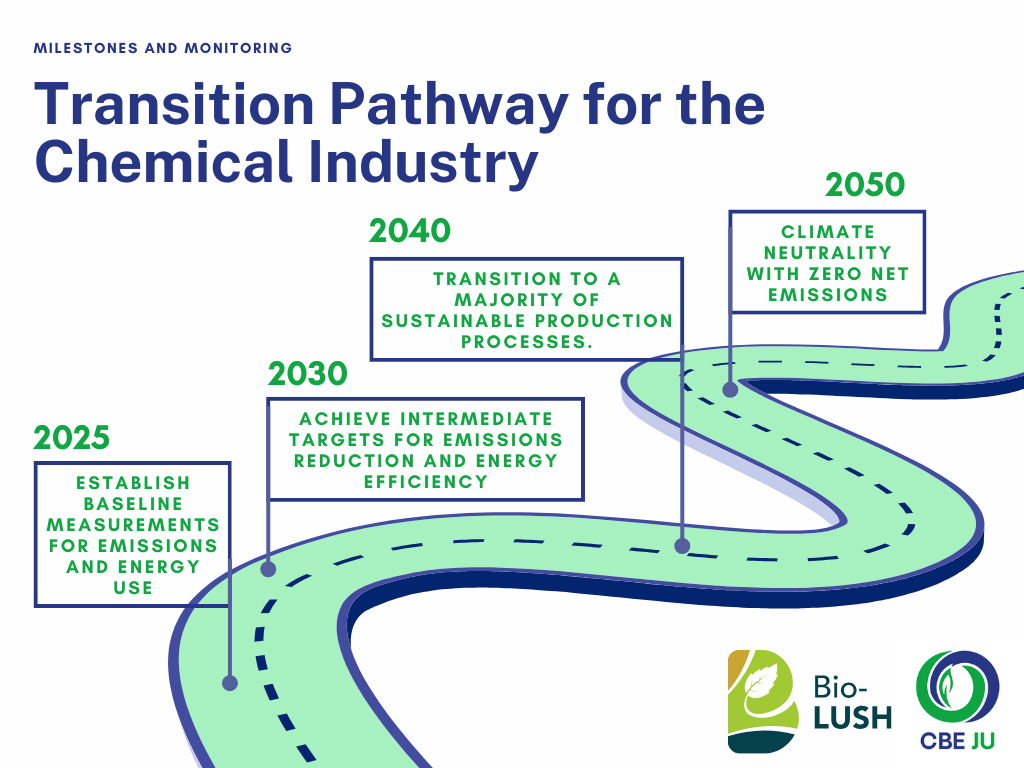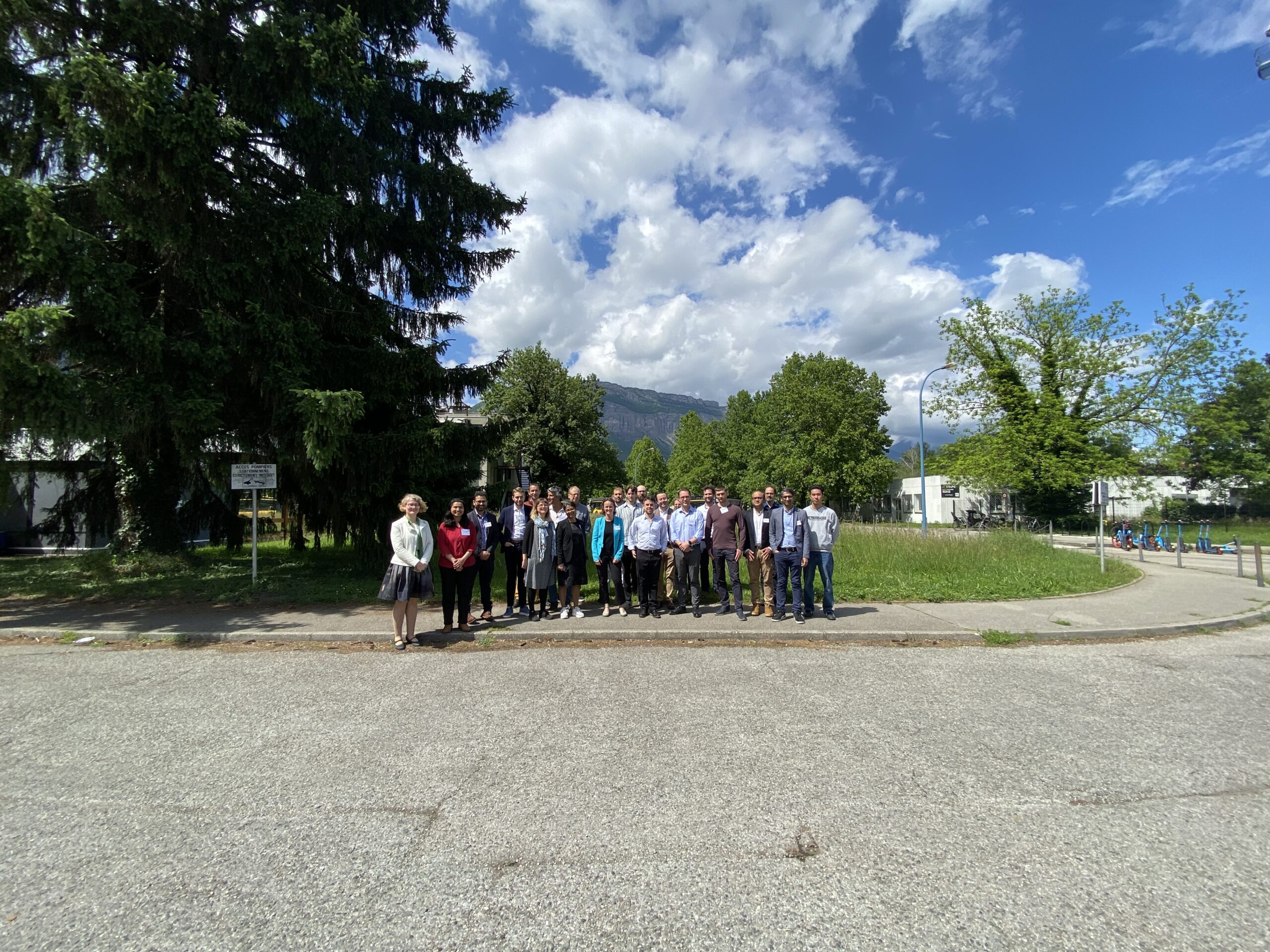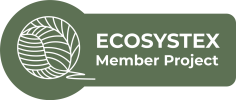The event was a resounding success, attracting 46 participants from across the European Union and beyond, ensuring a rich, international perspective on the future of biomass utilization. True to the EU’s core values of inclusion and equality, the workshop emphasized close gender balance, promoting diverse voices in shaping the future of the bio-based industry.
Workshop Highlights
The workshop kicked off with a presentation by our project coordinator, Dr. Aji Mathew, who outlined the project’s objectives, challenges, and activities. Dr. Mathew also stressed the pivotal role stakeholders play in shaping the project’s outcomes. Following Dr. Mathew, Dr. Luis Martins, communication coordinator for the FIBSUN project, shared insights into FIBSUN’s impact, demonstrating the synergy between the two initiatives. A video by Mr. Simone Maccaferri, Project Officer at CBE JU, highlighted the collaboration between Bio-LUSH and FIBSUN, showcasing how CBE JU facilitates the transformation of biomass into sustainable, bio-based products that promote economic growth.
Breakout Group Discussions
An interactive session divided participants into four focus groups to delve into challenges and opportunities across key sectors:
- Farmers & Agriculture (Moderator Dr. Alexey Khakalo): The discussion revolved around crop adoption challenges and competition from other industries. The importance of farmer education, local job creation, and competitive pricing were highlighted, as well as the need for greater awareness of funding opportunities and tax incentives.
- Industry & SMEs (Moderator Enrico Callegati): Technical challenges in developing sustainable materials were a key focus. The need to balance cost and performance, conduct life cycle analyses (LCA), and foster collaboration among material suppliers and policymakers was emphasized.
- Research & Academia (Moderators Dr. Aji Mathew & Dr. Gilberto Siqueira): Participants discussed sourcing biomass from hemp, nettle, and poplar, noting the geographical variation in quality. Concerns were raised regarding energy use in biomass conversion and the need for tailored fiber properties. Supportive policies were also identified as critical.
- Policy & Governance (Moderator Dr. Kajsa Markstedt): The discussions centered on integrating social impacts into policy-making and addressing misalignments between EU and national policies. The need for clearer standards and certification processes to support SMEs and boost competitiveness was also a key takeaway.
Stakeholder Insights & Future Actions
The workshop concluded with a Stakeholder Insight Panel, where participants shared their reflections and mapped out potential solutions. These insights were captured in a word cloud, highlighting key themes such as life cycle analysis, policy standardization, and consumer needs. These recurring themes will serve as guiding principles for Bio-LUSH’s future actions, ensuring the project’s alignment with the evolving bioeconomy landscape.
This successful completion of this co-creation workshop is a testament to Bio-LUSH’s commitment to driving the bioeconomy forward through open collaboration, stakeholder engagement, and continuous alignment with the needs of the market. The insights gathered will help steer Bio-LUSH’s strategic development, ensuring that its outcomes support a sustainable, circular bioeconomy for the future.
Enjoy the workshops highlights below:

